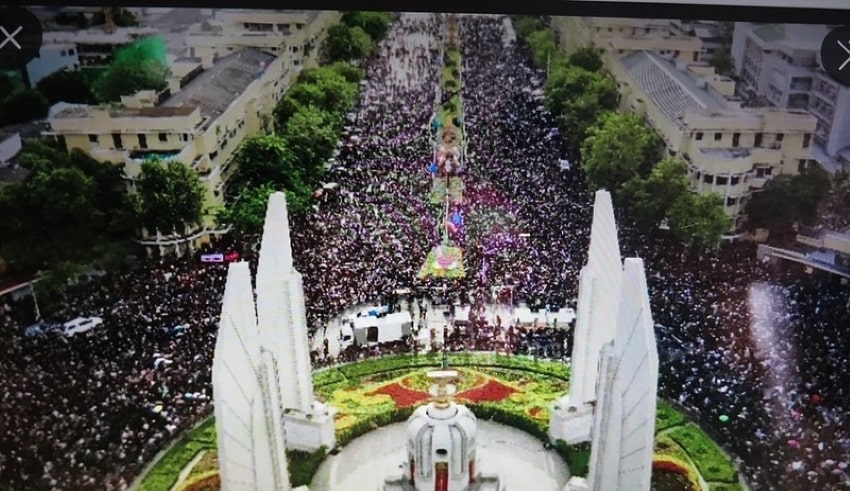
It’s 2021 but the lambaste motion against the government is getting intense. In fact, there is an essential ritual that has been dubbed a no-confidence debate by critics, and this year the opposition is spending no time drawing up a timeline for filing a censure motion against the government at the earliest opportunity possible.
During the next fortnight, the petition is scheduled to be filed and next month the no-confidence session may be opened in parallel. The new constitution restricts the censorship discussion to only once a year, in a departure from past charters. The cap is based on the premise that the state’s activities could be disrupted by a routine censorship session. Furthermore, no-confidence debates staggered over a year will fairly give the opposition time to organize and bring together a robust attack to be launched against targeted cabinet members.
Consequently, this is exactly what the opposition is sure that this time it will be able to deliver. Next month it will have been a year since the opposition opened its censorship salvo on the government for the first time. This year, as the first chance comes, she plans to go to it again.
In fact, some opponents, however, indicated it could be wise for them for the time being to keep their horses on the censorship issue. They claimed that the resurgence of pandemic infections had drawn people’s interest away from politics and that the censorship issue could backfire on them unless the opposition could engineer the kind of legislative attack that would make the government indefensible.
Last year, a grilling was met by Prime Minister Prayut Chan-o-cha and his cabinet ministers; they not only survived the no-confidence vote easily, but observed a rare spectacle in which the now-defunct Future Forward Party publicly pilloried the rival Pheu Thai Party for supposedly messing up time slots.
The largest opposition faction, Pheu Thai, has maintained that the ammunition debate this year will concentrate solely on the Covid-10 pandemic, a challenge it claims will give the government a death sentence.
Morever, The first outbreak in the world, which started in March last year has led some analysts to think that there may have been a saving grace for the government as it led to a halt to political activities that had fueled different tensions. This new epidemic, though, could map a political path to the detriment of the government if it doesn’t address the crisis well.
























